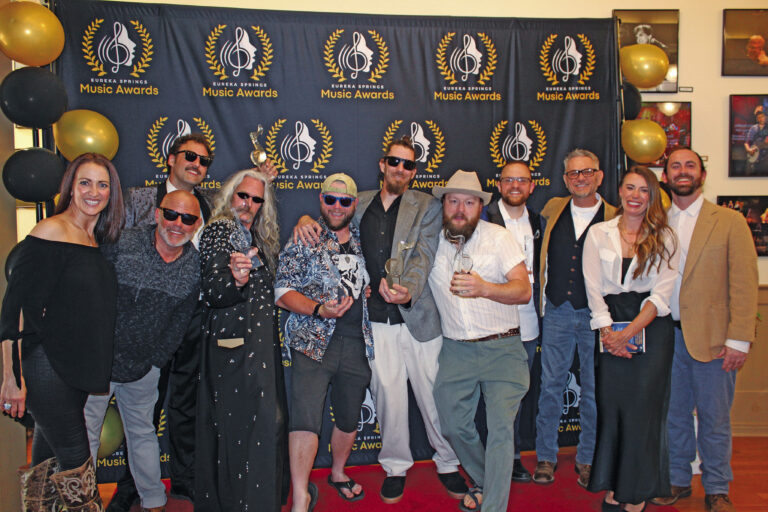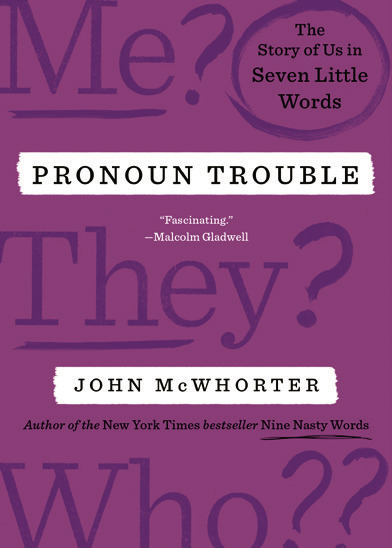Water rates were the hot topic at the Eureka Springs City Council’s regular meeting Monday, May 22, at The Auditorium.
The majority of the meeting was spent talking about possible rate increases to help a struggling water budget after proposals from Simon Wiley, the city’s public works director.
“This year alone, we have a budget of $1,094,491 just for water expenses and as of right now, we are $200,000 over budget for the year,” Wiley told council members. “And that water leak that we just had where water was leaking down Main Street, one valve was $11,000. So, if I have three of them in one year we’re going to be down to nothing.”
Wiley told council members that he computed different rate increases for residential customers both inside and outside city limits.
He gave examples of raising rates 25 percent and 35 percent and how such increases would impact customers’ bills.
Inside the city limits, customers currently pay $11.50 for the first 2,000 gallons and $4.49 per gallon from 2,001 gallons to 8,000 gallons, Wiley said. A 25 percent increase would raise the base price to $14.38 and a 35 percent increase would raise it to $15.53 per month, Wiley said.
Customers who use from 2,001 to 8,000 gallons would see a price increase from $4.49 per gallon over the base rate to $6.09 in a 25 percent increase and to $6.20 a month in a 35 percent increase.
Council members discussed options of keeping the same rates for both residential and business customers or making rates for businesses higher than residents.
“My recommendation is, and I’m probably not going to be the popular person up here, but I would do 35 percent [increase] on commercial … and I’d do 25 percent on residential,” Wiley said.
“Raising the commercial rate will help keep the residential rate lower, which I think is more fair,” council member Harry Meyer said.
Council member David Avanzino, who coowns Wanderoo Lodge and Gravel Bar, disagreed.
“We have a lot of businesses that are shutting down in the this city because we’re way overtaxed,” Avanzino said. “We pay a lot of money into this city for our only industry, which is tourism, and supports our residents.
“I don’t disagree that water rates need to be raised, but it doesn’t need to be placed primarily on the commercial side.”
Wiley will present more information to council members so that the issue can be discussed at future meetings, including a possible workshop.
Mayor Butch Berry said something has to be done.
“The main thing right now is letting the council know that we can’t keep losing money like we’ve done in the past, especially with what Carroll-Boone is charging us,” Berry said. “I mean, we haven’t increased our rates in three years.”
Sewer rates are also an issue, Wiley said.
“It’s projected this year that we’ll have a surplus of $18,000 in sewer, but in 2024, the projections look like it’s going to dramatically drop and we’ll have a negative revenue of $17,600,” Wiley said. “If we were to raise sewer rates by 5 percent, our projected surplus would be $45,723 in 2024.
“Now, this isn’t something that needs to happen every year with the rate of inflation we’ve been having. We haven’t adjusted rates in a few years and we’ve had a lot of inflation.”
OTHER BUSINESS
In other action at the meeting, the council quickly went through a light agenda, including suspending the rules and reading three times an ordinance that would vacate a portion of Inman Street between Block 12 and Block 13 (Lots 1 and 2).
The ordinance will go into effect 30 days from passage.
Also unanimously passed was an ordinance to amend a city code on the topic of building inspector appeals.
“The old building code said that [the board of appeals] had to be a licensed structural engineer, licensed electrical engineer, licensed architect, licensed mechanical engineer, and I think one general contractor who resides in the city limits,” Berry told council members. “The new building code takes away those restrictions of the licensing. It just says professional within the construction industry, but also allows us to pick up people from outside city limits.
“That’s been our main problem with not being able to have a board of appeals. We just don’t have anybody qualified inside the population to do it.”
The revised ordinance was read three times and the emergency clause was approved, making it effective immediately.
“This gives me the opportunity to try to come up with people that I would consider being good to be on the board and to bring it before the council for approval,” Berry said.
Two resolutions also were approved by the council. One sets a June 12 public hearing during next month’s council meeting regarding a request to vacate a portion of Maine Avenue and Fuller Street.
The other resolution was to revise a previously approved resolution regarding the use of federal-aid Transportation Alternatives Program funds.
“The state of Arkansas Highway Department didn’t like our resolution, so they came back with this resolution and said they wanted this one,” Berry said. “And so we said ‘OK,’ and that’s what this is all about.
“It’s not a new grant or anything else. It’s a resolution basically utilizing the money that they’re going to give us on the sidewalk.”
The only other action taken at the meeting was to approve Frank Green’s appointment to the Historic District Commission.
PUBLIC COMMENTS
During public comments, two residents voiced opposition on raising water rates, while another resident said the city is in violation of the American Disabilities Act.
“In 1992, Congress passed the American Disabilities Act … and governing bodies are ordered to comply with said requirements in all public areas,” Jane Stephens said. “That, my friends, was 31 years ago and we have seven handicapped parking spaces.”
“… Eureka Springs claims to be a diverse community, but did you know that it is a civil rights violation under the jurisdiction of the Department of Justice to not comply with these requirements? … I’ve done my research and no entity is exempt for any reason, not even historical landmarks. Never has been and never will be. We need to do something, anything other than deny it exists.”
Stephens also mentioned the lack of restroom facilities for people with disabilities.
“There is not a handicapped restroom in sight,” she said. “I’ve seen two people pee their pants because they were in a wheelchair.”
The council needs to add the topic to its agenda, Stephens urged.
“Either we take the initiative now and do it gradually, or the Department of Justice can come in and shut you down and you’ll have to do it all at once. It’s way overdue, 31 years.”


